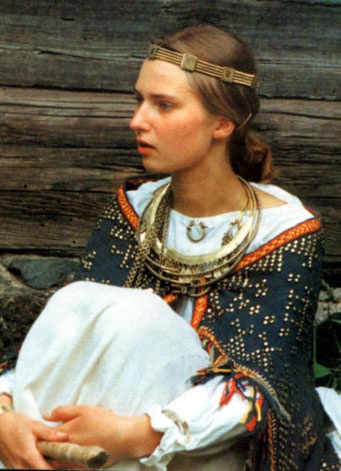
THE AFTERLIFE IS IMMEDIATE
Mike Walsh
I have attended my fair share of funerals, services, graveside eulogies and visits to crematoria. Sombre occasions, tears are shed and thoughts shared with relatives we haven‘t seen for years. Funerals are best avoided, especially one’s own.
Eastern Europeans take death and its rituals far more seriously than do Westerners. When in Latvia I was invited to a graveside memorial service. From the four corners of the nation relatives travelled to a cemetery situated in the almost impenetrable forests on Lithuania’s borders.
An annual event, the emotional service was to commemorate family members who had passed on a long time ago. I presumed the placing of a few bouquets and brief prayers would be whispered. Duty done, we would be soon dearly departed too.
Not so fast. The graveside service with its acclamations was heart-wrenchingly long. Whilst twenty or so family members circled the graves a lone violinist played laments, prayers said and tributes were made.
When my Ukrainian wife’s mother, Liudmyila shrugged off her mortal coil I was quite unprepared for the raw emotions exposed. Passing on is no passing matter. For Russian Orthodox Christians there is a sequence of rituals following the death of a family member. The only cutting corners is in the internment. This takes place within 24 hours of a natural death.
A glass of water and bread is placed on the sideboard for the departed soul’s needs. On the day of the funeral the Orthodox priest with small choir arrives at the family home. Hymns accompany the service. The curious do not peer from windows, balconies or cross in front of the cortege. Donations are made to pay for the funeral bills.
In the family home all glass, mirrors and glass framed pictures are covered by white sheets. It is believed that the soul of the departed remains in the family home for nine days after which the coverings can be removed. The spirit then departs to Hades; weeks later be admitted to Paradise.
The morning following internment the family gathers around the grave to share breakfast. Whilst doing so the deceased will be implored to join them. Enjoy a glass of wine but no toasting each other.
For approximately 40 days, the period being determined by the priesthood, a monastic period of mourning will be expected. A church service of remembrance takes place on the fortieth day. This will be a substantial gathering, a sad occasion unlike that of Irish tradition. Many Celts see death as re-birth, therefore balance is drawn between woe and celebration. ‘I am no more afraid of death than I was of being born.’ Spartacus.
There is nothing mawkish about such rituals. If cynical or bemused by such traditional ritual I imagine our fellow Europeans are equally baffled by clinical quick-fix funerals and our get on with life approach to life after death.
NOTE: Those who find Mike’s Walsh columns of interest have easy access to several hundred of them. Go to Euro Weeks News online. Click ‘columnists’ then click ‘michael walsh.’
Michael Walsh. quite_write@yahoo.co.uk